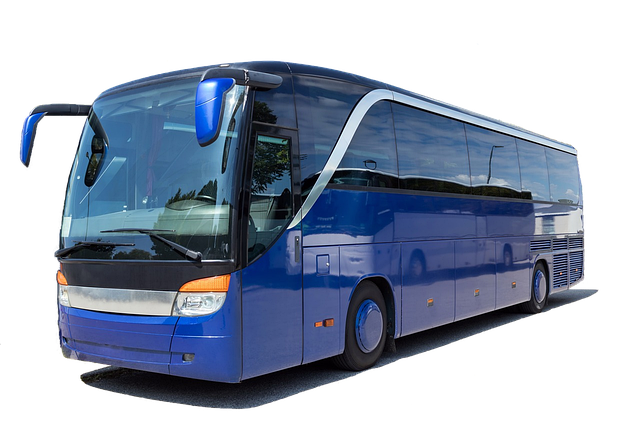Flixing Through Europe: The Rise of Budget Bus Travel
Long-distance bus travel in Europe is experiencing a renaissance, transforming the way budget-conscious adventurers explore the continent. This resurgence, led by companies like FlixBus, is reshaping the landscape of European travel, offering an eco-friendlier and cost-effective alternative to traditional modes of transportation. As travelers seek more sustainable and affordable options, bus travel is emerging as a surprisingly comfortable and convenient choice for both short hops and extended journeys across borders.

Companies like FlixBus, founded in Germany in 2013, have led this revolution. By leveraging technology for booking, route optimization, and customer service, these new players have expanded rapidly across Europe. They’ve introduced comfortable coaches with amenities like Wi-Fi, power outlets, and entertainment systems, elevating the bus travel experience to new heights.
The Tech-Driven Transformation
At the heart of this bus travel renaissance is technology. Modern bus companies use sophisticated algorithms to optimize routes, manage capacity, and set dynamic pricing. This tech-forward approach allows them to offer competitive fares while maintaining profitability.
Mobile apps have become central to the user experience, enabling travelers to book tickets, track their bus in real-time, and receive updates on delays or changes. This level of transparency and convenience was previously unheard of in the bus industry, making it more appealing to tech-savvy millennials and Gen Z travelers.
Environmental Impact and Sustainability
One of the key drivers behind the growing popularity of bus travel is its lower environmental impact compared to flying or driving individual cars. Modern buses are becoming increasingly fuel-efficient, and many companies are investing in electric or hybrid vehicles to further reduce their carbon footprint.
For environmentally conscious travelers, choosing a bus over a short-haul flight can significantly reduce their travel-related emissions. This aligns with the growing trend of sustainable tourism and appeals to travelers looking to minimize their environmental impact without sacrificing their wanderlust.
Cultural Exchange on Wheels
Beyond its practical benefits, bus travel offers a unique opportunity for cultural exchange. Unlike the isolated experience of air travel, long-distance bus journeys provide ample time for interaction with fellow travelers from diverse backgrounds.
Many travelers report forming unexpected friendships or gaining valuable local insights from conversations with seatmates. This social aspect of bus travel can enrich the overall travel experience, providing a more immersive and authentic way to explore Europe’s cultural tapestry.
Challenges and Future Prospects
Despite its growing popularity, bus travel in Europe faces challenges. Issues like traffic congestion in major cities, varying regulations across countries, and competition from low-cost airlines remain significant hurdles.
However, the future looks promising. Innovations in electric bus technology, the potential for dedicated bus lanes on highways, and increasing integration with other forms of public transport could further enhance the appeal of bus travel. As Europe continues to prioritize sustainable transportation, long-distance buses are likely to play an increasingly important role in the continent’s travel ecosystem.
Navigating the New Wave of European Bus Travel
• Book in advance for the best deals, but be aware of flexible ticketing options for last-minute changes
• Pack light to maximize comfort in the limited space available
• Bring entertainment options like books or downloaded content, as Wi-Fi can be unreliable in remote areas
• Consider overnight journeys to save on accommodation costs
• Research bus station locations in advance, as they may be outside city centers
As we look to the future of travel in Europe, the humble bus is emerging as an unexpected star. Offering a blend of affordability, sustainability, and cultural immersion, this reinvented mode of transport is appealing to a new generation of travelers. Whether you’re a budget-conscious backpacker or an eco-aware explorer, considering a bus journey on your next European adventure might just lead to unexpected discoveries and memorable experiences.




